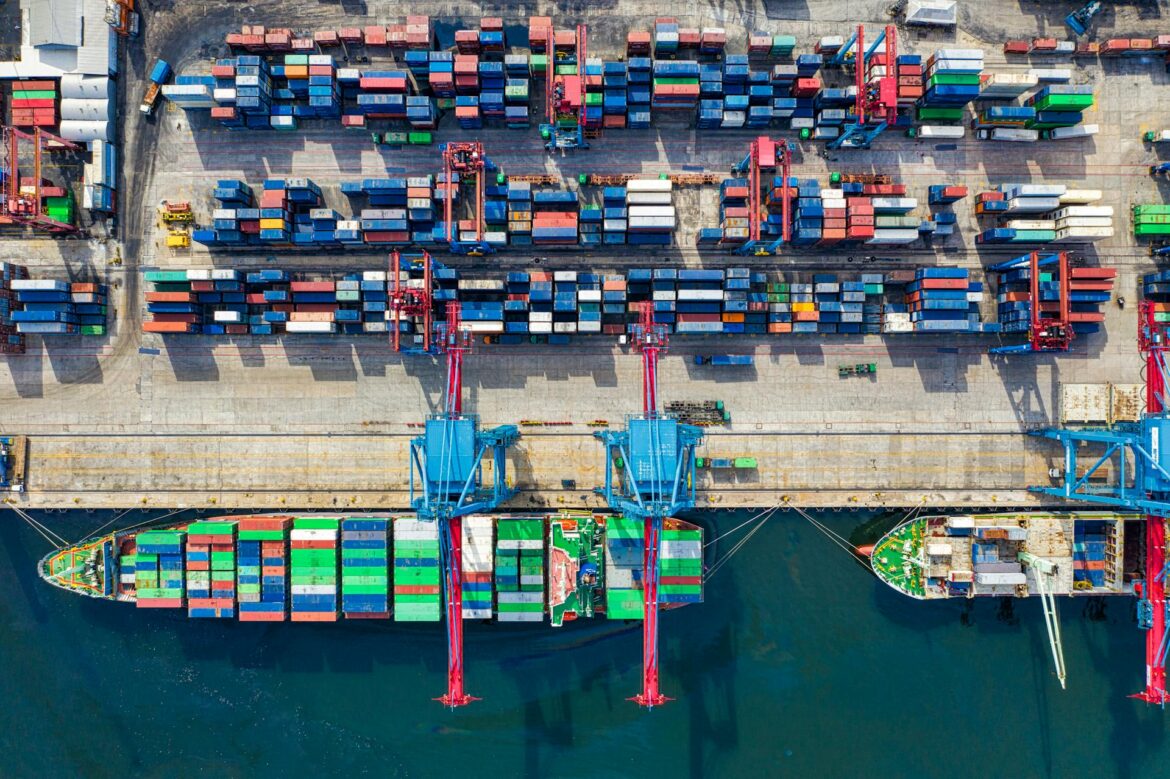Global supply chain management presents a myriad of challenges stemming from complexities in logistics, regulatory requirements, geopolitical uncertainties, and market dynamics. This article delves into the key challenges faced by businesses in managing global supply chains and offers strategic solutions to overcome these obstacles. By exploring the critical issues, best practices, and innovative approaches in global supply chain management, we aim to provide insights that can help businesses navigate the complexities of international trade, optimize their supply chain operations, and achieve operational excellence in a competitive global marketplace.
Challenges in Global Supply Chain Management
- Supply Chain Disruptions: Disruptions such as natural disasters, pandemics, geopolitical conflicts can lead to delays, shortages, and disruptions in the supply chain, impacting production schedules and customer satisfaction.
- Inventory Management: Balancing inventory levels across multiple locations, managing demand variability, and ensuring optimal stock levels to meet customer demands while minimizing carrying costs.
- Regulatory Compliance: Navigating complex international trade regulations, customs procedures, tariffs, and compliance requirements across different countries to ensure legal adherence and avoid penalties.
- Supplier Relationships: Managing relationships with global suppliers, ensuring quality control, ethical sourcing practices, and effective communication to maintain a reliable and sustainable supply chain network.
Solutions for Effective Global Supply Chain Management
- Risk Mitigation Strategies: Develop risk management plans, contingency measures, and business continuity strategies to address supply chain disruptions proactively and minimize their impact on operations.
- Technology Integration: Implement advanced technologies like IoT sensors, AI analytics, blockchain for real-time visibility, data-driven insights, and automation to optimize supply chain processes and enhance decision-making.
- Collaborative Partnerships: Foster collaborative partnerships with suppliers, logistics providers, and stakeholders to build resilience, share best practices, and drive innovation in global supply chain management.
- Data Analytics: Utilize data analytics tools for demand forecasting, inventory optimization, performance monitoring to identify trends, patterns, and opportunities for improvement in supply chain efficiency.
Best Practices for Global Supply Chain Management
- Supply Chain Visibility: Enhance end-to-end visibility across the supply chain network through digital platforms, tracking systems to monitor shipments, inventory levels in real-time for improved transparency and responsiveness.
- Continuous Improvement: Embrace a culture of continuous improvement through feedback loops, performance metrics tracking to identify inefficiencies, bottlenecks, and opportunities for optimization in global supply chain operations.
- Sustainability Initiatives: Integrate sustainability practices into supply chain management by promoting eco-friendly solutions, ethical sourcing practices to reduce environmental impact and meet corporate social responsibility goals.
- Agile Supply Chain Strategies: Adopt agile supply chain strategies that emphasize flexibility, adaptability to changing market conditions, customer demands for faster response times and enhanced customer satisfaction.
Future Trends in Global Supply Chain Management
- Supply Chain Digitization: Increasing adoption of digital technologies like cloud computing, AI-driven analytics for enhanced visibility, automation in global supply chain operations.
- Resilient Supply Chains: Focus on building resilient supply chains that can withstand disruptions through diversification of suppliers, risk mitigation strategies for business continuity.
- Circular Economy Practices: Embrace circular economy principles like recycling, reusing materials within the supply chain to reduce waste generation, promote sustainability in global operations.
In conclusion: Global supply chain management poses various challenges that require strategic planning, innovative solutions to navigate complexities effectively while ensuring operational efficiency and competitiveness in the global marketplace. By addressing key challenges with proactive measures like risk mitigation strategies, technology integration while embracing best practices for sustainable growth and resilience in global supply chain management.
Innovative solutions to global supply chain management challenges
Some innovative solutions to global supply chain management challenges include:
- Embracing Innovation: Investing in modern technology like artificial intelligence (AI), the Internet of Things (IoT), and blockchain to enhance visibility, efficiency, and collaboration in supply chain operations.
- Building Resilient Supply Chains: Balancing efficiency and resilience by adopting strategies like the Supply Chain Continuation Capabilities (SCCC) model to maintain operational continuity in the face of disruptions.
- Enhancing Collaboration and Data Syncing: Improving data management and collaboration across the supply chain by leveraging advanced technologies for real-time data capture, analysis, and sharing to enable agile decision-making.
- Automation and Process Optimization: Automating processes to balance inventory levels, optimize forecasting, minimize overhead costs, and ensure efficient operations throughout the supply chain.
- End-to-End Visibility: Achieving end-to-end process visibility by tracking and monitoring the entire supply chain from raw material procurement to customer delivery, enabling effective control and optimization of operations.
- Continuous Industry Collaboration: Establishing ongoing partnerships with industry peers, vendors, regulators, manufacturers, and logistics teams to navigate the complexities of modern supply chains and ensure seamless operations through automated tools and real-time updates.
These solutions aim to address the evolving challenges in global supply chain management by leveraging technology, fostering collaboration, enhancing visibility, and optimizing processes to build agile and resilient supply chain networks.



